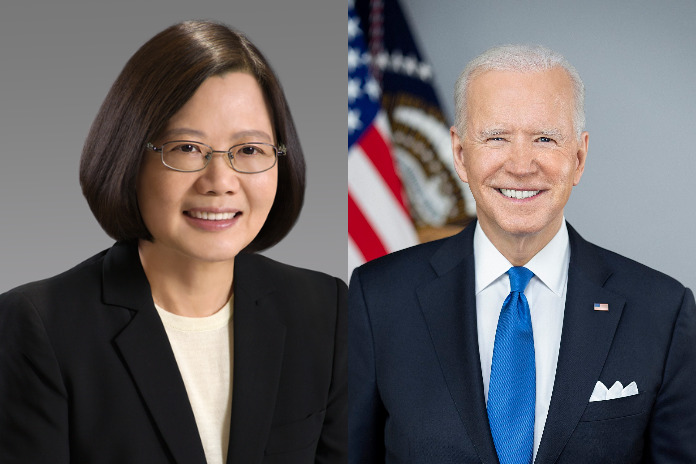By Tien Hsi-ju and Sean Lin
BRUSSELS, Belgium, (CNA) – The United States has rejected a Russian request to be part of consultations over the US suspension of advanced semiconductor exports to China, citing Russia’s invasion of Ukraine, while accepting a request from Taiwan, which has a substantial interest in the matter, to join the consultations, according to two documents released Thursday by the World Trade Organization (WTO).
The United States confirmed in December last year that it had received a request from China to engage in consultations under the mechanism of the WTO’s Dispute Settlement Body.
According to a WTO document dated January 12, 2023, China’s request concerns measures adopted by the US pursuant to the Export Control Reform Act of 2018 and the Export Administration Regulations, which provided the US with the legal basis to halt the export of advanced semiconductors to China for national security reasons.
According to one of the documents released Thursday, the US on February 9 rejected Russia’s request to participate in the consultations.
“In light of Russia’s premeditated and unprovoked invasion of Ukraine, the US does not intend to engage in business-as-usual activity with the delegation of the Russian Federation, including direct engagement on this matter,” according to the document.
“Furthermore, the United States does not consider Russia’s claim of substantial interest to be well-founded.”
Meanwhile, the US accepted Taiwan’s request to take part in the consultations on the grounds that the Separate Customs Territory of Taiwan, Penghu, Kinmen and Matsu (“TPKM”) had a 26 percent share of global semiconductor revenue in 2021 and close bilateral trade ties with the US.
Under Article 4.11 of the Understanding on Rules and Procedures Governing the Settlement of Dispute, WTO members who consider they have a substantial trade interest in a certain series of consultations shall be joined – which in practice has usually meant sitting on the sidelines – in the consultations “provided that the member to which the request for consultations was addressed agrees that the claim of substantial interest is well-founded.”





